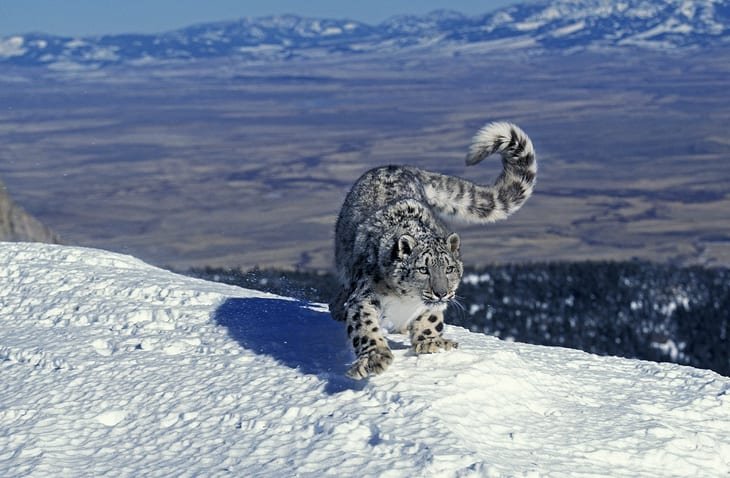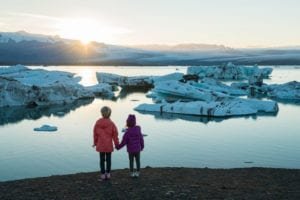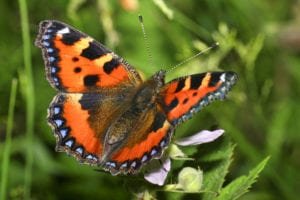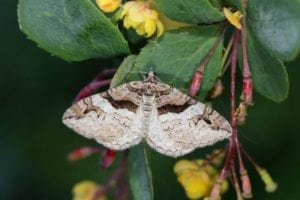Some of our most treasured species are in danger if world leaders fail to deliver strong commitments for the COP26 climate summit, according to a new report published today (02 June) by WWF.
‘Feeling the Heat: The fate of nature beyond 1.5°C of global warming’ outlines the effects of the global climate emergency on people and nature, and how the future of us all depends on humanity’s urgent response.
The report highlights 12 species from around the world that are already experiencing the impacts of climate change – from puffins on UK coasts to penguins in the frozen wilderness of Antarctica and monkeys deep in the Amazon jungle.
The vast scale and variety of impacts are now being felt on every continent, across all types of animal and plant life.
Extreme weather
Climate change is increasing the frequency and intensity of extreme events, such as heatwaves, floods, droughts and wildfires.
At the same time we are witnessing warming oceans and rising sea levels, all of which puts species – and their homes – under greater pressure.
Many animals and plants cannot cope with the changing environment where their habitats may alter, food and water become scarcer and seasons shift.
Here in the UK, some of our much-loved species are already feeling the heat. Mountain hares in the Highlands of Scotland are staying in their white winter coats long after the snow melts, leaving them more vulnerable to predators.
Bluebells are blooming out of sync with the seasons and fuzzy bumblebees are overheating as they work hard to pollinate our plants and crops.
Further afield, snow leopards, sea turtles, frogs, coral, hippos and coffee plants are all at risk if global warming continues at its current rate.
‘Nature is our life support system, and its continued destruction is not only devastating local wildlife and communities, but creating a hotter, less stable planet, putting our very survival at risk. This isn’t a far-off threat; the impacts of climate change are already being felt and if we don’t act now to keep global warming to 1.5°C we will slide faster and faster towards catastrophe.
‘While a half-degree increase beyond this may not sound significant, it will permanently damage a variety of natural ecosystems, leading to the extinction of even more species across the globe and risking the lives of millions more people worldwide.’
MIKE BARRETT
Executive director of science and conservation, WWF
Creating an unsafe home
Within a human lifetime, we have already seen extraordinary and unparalleled changes to our planet. Global wildlife populations have fallen an average of 68% since 1970, while 2020 marked the end of the hottest decade on record.
WWF warns that the current trajectory for our climate will create an unsafe home for people and nature, with every half-degree increase in temperature bringing additional pressures.
 Play Video about This Rock Might Just Save The World
Play Video about This Rock Might Just Save The World Play Video about Play 2 hours of rock
Play Video about Play 2 hours of rock Play Video about Play 2 hours of brook
Play Video about Play 2 hours of brook Play Video about Play 2 hours of sheep
Play Video about Play 2 hours of sheep















































